1. The Number 13 Meant Trouble
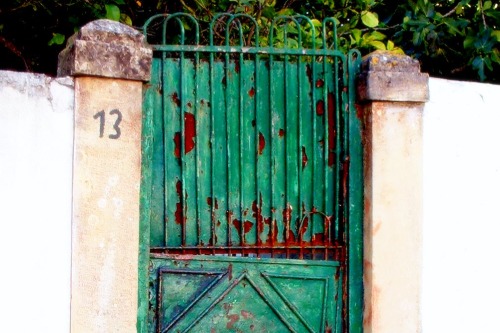
Fear of the number 13—triskaidekaphobia—was already alive and well in the 1800s, according to Natalie Grice from BBC. Hotels and boarding houses skipped labeling the 13th floor, if they had that many, and some towns didn’t assign the number to addresses. The superstition had roots in biblical tradition and Norse mythology, but it found new life in the anxious, uncertain rhythms of American life. Even social clubs avoided having 13 members.
People believed that gatherings of 13 could lead to one person dying within the year. Some families wouldn’t seat 13 at a dinner table and would add a plate for a ghost or absent friend instead. This fear wasn’t fringe—it was mainstream enough to shape architecture and etiquette. The number became shorthand for misfortune.
2. Covering Mirrors During Thunderstorms

In 1800s America, many folks believed that mirrors could attract lightning, according to Kate Nicholson from House Digest. The thinking was that a mirror’s reflective surface might somehow channel the electricity and bring it right into the home. So during a storm, people would rush to drape cloth over every mirror in the house, just in case. It was a mix of fear and caution that made sense in a time when science hadn’t yet reached every front porch.
This superstition especially took hold in rural areas where churches reinforced the idea that storms were acts of divine anger. Anything reflective was seen as suspicious or unnatural. Mirrors, being both expensive and mysterious, often carried extra baggage. To this day, some households with older traditions still practice this, passed down without question.
3. Never Start a Journey on a Friday
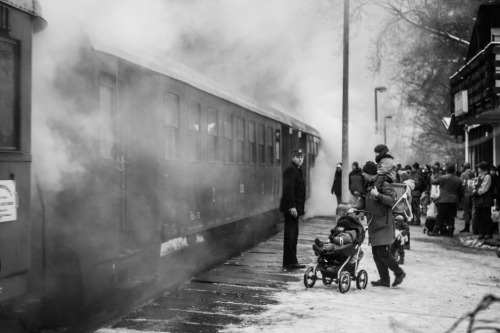
Friday had a rough reputation in the 1800s. Thanks to religious associations with the crucifixion of Jesus (believed to have happened on a Friday), people thought beginning a trip that day would doom it from the start, according to Gary Brown from Sail-World. This superstition wasn’t just about long voyages—farmers wouldn’t plant, and merchants would delay shipments. Many believed you were tempting fate by starting anything important on that day.
Travelers would often wait until Saturday morning, even if it meant wasting a day. Some shipping lines and stagecoach routes avoided Friday departures altogether. The logic was simple: better safe than stranded, shipwrecked, or worse. This belief lingered well into the 20th century in some communities.
4. Holding Your Breath When Passing a Cemetery

In towns across 1800s America, kids were taught to hold their breath when they passed a cemetery, according to Dave Roos from HowStuffWorks. It was said that if you didn’t, a wandering spirit might slip into your body with your breath. This belief came from a deep fear of the dead and the unknown—death wasn’t medicalized yet, and burials were often personal, even improvised. Cemeteries weren’t sanitized or comforting spaces.
People also feared being haunted or cursed, so avoiding contact with spirits was a daily concern. Holding your breath was a simple ritual, easily taught to children. It gave people a feeling of control over something as big and unknowable as death. Even adults would sometimes go quiet when driving past cemeteries, a distant echo of the same idea.
5. Breaking a Mirror Meant Seven Years of Bad Luck
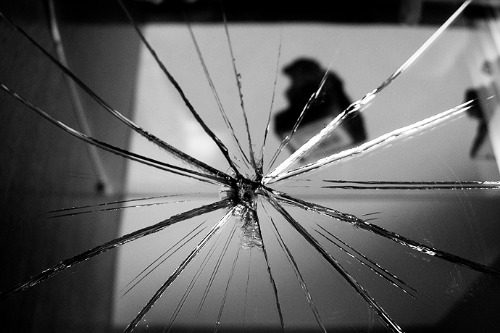
Even in the 1800s, mirrors weren’t just for vanity—they were loaded with meaning. Breaking one was more than an accident; it was a bad omen. The idea of seven years’ bad luck came from the Roman belief that life renewed itself every seven years. So a broken mirror symbolized broken health, spirit, or fortune.
Given that mirrors were expensive and rare in many homes, breaking one felt like a true catastrophe. Families might perform little rituals afterward to “reverse” the luck, like burying the shards. Some households even had stories of people whose lives went downhill after breaking a mirror. Whether coincidence or not, the fear stuck around.
6. Knocking on Wood to Ward Off Evil
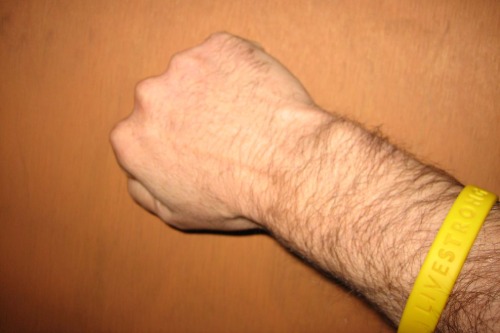
This superstition was borrowed from European traditions, but it took strong root in America by the 1800s. People believed that spirits lived in trees, and knocking on wood was a way to ask for their protection—or to avoid jinxing good luck. If someone mentioned a hopeful outcome, they’d tap a wooden table or doorframe to “seal” the wish. It became almost a reflex.
In an era when religion and folklore often blurred, invoking unseen spirits was everyday behavior. Superstition filled in where science didn’t yet explain things. For frontier families or isolated communities, rituals like this were comforting. They provided a sense of interaction with forces beyond one’s control.
7. Shoes on the Table Invite Death
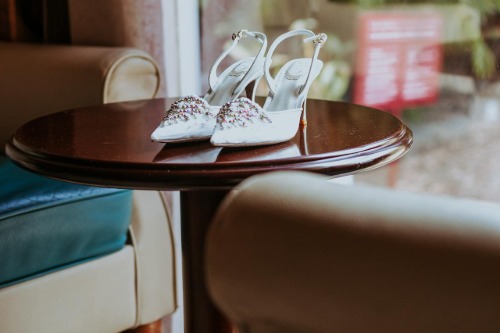
Placing shoes on a table was more than rude—it was seen as dangerous. In 1800s America, this action was tied to death and bad luck, possibly because undertakers sometimes placed the shoes of the deceased on a table while preparing bodies. Seeing shoes on a table could trigger fear that a death was imminent. It was a superstition grounded in practical experience, then exaggerated through oral tradition.
Even today, some people feel uneasy about this act without knowing why. In homes with strong roots in tradition, the rule was ironclad. Children would be scolded fiercely for breaking it. Death was close and real back then, and symbols mattered.
8. Itchy Palms Meant Money

An itchy right palm meant money was coming; an itchy left meant you’d lose it—or vice versa, depending on the region. This old belief traveled from Europe and spread quickly in the New World. In the cash-poor economy of early America, any sign of financial fortune was welcome. People paid attention to their bodies for signs, almost like reading tea leaves.
Folks might even refuse to scratch an itchy palm, hoping to “hold on” to the money. This superstition made its way into newspapers and daily conversation. It also reflected the precariousness of economic life—any hint of money on the horizon sparked interest. It made people feel connected to fate in a small, hopeful way.
9. Stopping Clocks When Someone Died
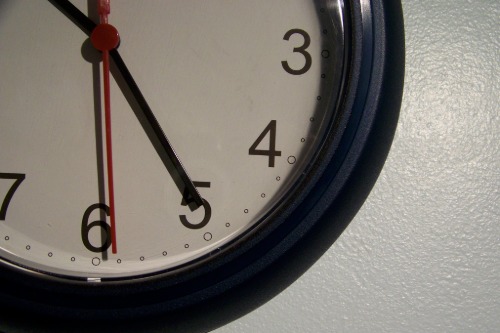
In many American households, the moment someone died, the clocks were stopped. This practice came from the belief that the soul needed stillness to pass on peacefully. Letting the clock run was seen as disrespectful or even dangerous—it could trap the soul or confuse it. The stillness created a sacred space for mourning and transition.
Stopping the clock also marked a clear break in time—a before and after. It turned time into something symbolic, not just practical. Families might wait hours or days to restart the clocks. In some communities, it was considered taboo to even glance at the time after a death.
10. Seeing an Owl During the Day Was an Omen

Owls were nighttime creatures, so spotting one during daylight hours was immediately unsettling. In 1800s America, this was interpreted as a sign of death or bad luck. People believed the owl had been disturbed or sent as a warning. Its presence in the daylight world suggested a tear in the natural order.
Rural communities were especially tuned into nature-based omens. Birds had meanings, especially ones associated with night and silence. An owl by day meant something unnatural was happening—or about to happen. It was often whispered about in the days that followed.
11. Sweeping After Sunset Swept Luck Away
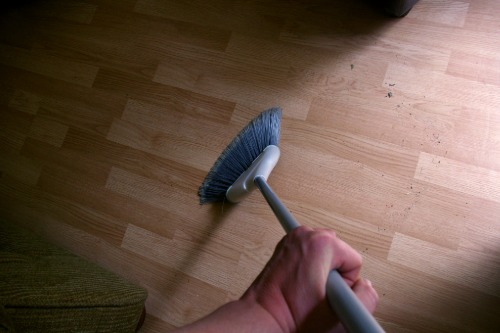
Women were often told not to sweep the floor after sunset. Doing so, the superstition said, would sweep away prosperity and invite bad fortune into the home. This belief probably started as a way to discourage unnecessary work late at night, but it gained spiritual weight over time. Domestic rituals held a kind of sacred energy.
People became very specific about when chores could and couldn’t be done. The idea of “energy” being moved around was instinctual, not scientific. Parents would scold children for even picking up a broom after dusk. It was about more than dust—it was about preserving luck and stability.
12. Dropping a Dishcloth Meant Company Was Coming

It might sound silly today, but back then, household signs were taken seriously. If you dropped a dishcloth while doing chores, it was said to mean unexpected company was on the way. In a time when guests often dropped by unannounced, this superstition felt eerily accurate. People would take it as a nudge to tidy up or prepare a snack.
Some even assigned meanings based on which hand dropped the cloth. It turned into a kind of domestic divination. When life was repetitive and isolated, these little omens added excitement. It gave people something to talk about when the door actually did knock.
13. Counting Crows Predicted the Future

Thanks to a popular rhyme—”One for sorrow, two for joy…”—people believed that the number of crows you saw could foretell events. This superstition came from England but was fully embraced in 1800s America, especially in rural areas. Seeing a single crow was a particularly bad sign, often associated with death or illness. It was a way of reading nature like a living newspaper.
Children and adults alike would recite the rhyme aloud. It became a ritual, especially during walks or chores. Some even changed their route after spotting a solitary bird. Whether or not it changed the future, it changed behavior.
14. Spilling Salt Meant You Had to Throw Some Over Your Shoulder

Spilling salt was a bad omen—everyone knew that. The act itself wasn’t the problem; it was what it might attract. Salt was valuable, so wasting it was symbolically linked to misfortune. To counter it, people threw a pinch over their left shoulder to blind the devil lurking behind.
This ritual traveled from Europe but became deeply embedded in American kitchens. Even the poorest households practiced it, sometimes automatically. It became one of those actions you did before thinking, like knocking on wood. It showed how even food prep could feel spiritually loaded.
15. Pregnant Women Should Avoid Looking at Ugly Things

One particularly strange superstition said that if a pregnant woman looked at something—or someone—”ugly,” her baby might be born unattractive or deformed. This belief had no basis in science, of course, but it was repeated with full sincerity in many communities. It reflected a larger cultural anxiety around birth, heredity, and moral purity. Expectant mothers were burdened with a thousand invisible rules.
People genuinely thought that emotions or sights could “mark” an unborn child. It made pregnancy a tense, superstitious experience. Women were warned away from funerals, fights, and even certain foods. The body was seen as porous to the world, especially during such a vulnerable time.


